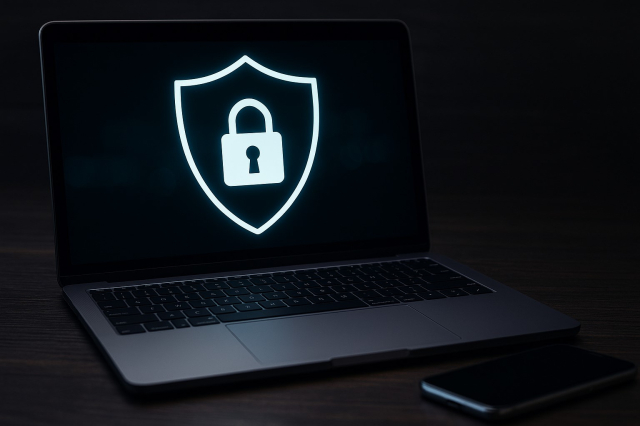Digital life has become an extension of our daily routines. From banking to government procedures, everything happens online. However, cyberattacks, social media fraud, and identity theft are on the rise in Peru.
Protecting your digital security is not just a recommendation: it's a necessity.
The most common digital risks in Peru
Every day, more Peruvians fall victim to phishing , data theft , or identity theft . These are the main risks you should be aware of:
Fake messages from banks or companies: they arrive by email or WhatsApp, asking for your personal data or links to "update your account".
Unsecured public Wi-Fi networks: especially in cafes or airports, can be used to intercept your information.
Malicious apps: some promise discounts or prizes, but steal data when installed.
Fake social media accounts: they impersonate family members or official entities to ask for money or codes.
📎 Internal recommendation: also check out our article on Quiet Places in Peru to disconnect and do spiritual tourism , where we explore the value of digitally disconnecting to take care of your well-being.
How to protect your accounts and social networks
Safety starts with habits. Here are some essential measures:
1. Use strong passwords
Avoid using birthdays or common words. Create combinations of letters, numbers, and symbols.
Example: MyHouse!2025@Arequipa
2. Activate two-step verification
This feature prevents someone from accessing your accounts even if they get your password. It's available on WhatsApp, Facebook, Gmail, TikTok, and more.
3. Beware of suspicious links
Never open links from unknown sources. If a bank or company asks you for information, go directly to their official website.
4. Keep your software up to date
Update your phone or computer's operating system. Many updates fix vulnerabilities that hackers exploit.
5. Protect your information on social media
Configure your accounts so that only your friends can see your posts. Do not share your real-time location or photos of personal documents.
Most common digital scams in Peru
Banking phishing
Emails or messages that mimic bank websites. In Peru, entities such as Interbank , BBVA , and BCP have warned about frequent cases.
Fake job offers
They circulate on Facebook or Telegram promising quick income. They request payments or personal information.
Shopping through social media
Sellers who demand upfront payments without a guarantee. Always verify that the business has a tax ID number or an official website.
💡 Tip: Before making any purchase or transfer, check the number or RUC on the SUNAT website or search for the business name on Google along with the word "scam".
Digital tools to protect you
These apps and extensions can help you keep your information more secure:
| Tool | Function | Available in |
|---|---|---|
| Google Authenticator | Two-step authentication | Android / iOS |
| LastPass | Secure password manager | Web / App |
| Avast Mobile Security | Antivirus for mobile phones | Android / iOS |
| Have I Been Pwned | Check if your emails were leaked | Web |
| Proton VPN / NordVPN | Private and secure browsing | Web / App |
Digital education: key to preventing fraud
A large proportion of cybercrimes can be prevented with digital education .
Knowledge is the best defense against the traps of the virtual world.
In schools and universities: include workshops on cybersecurity and privacy.
In companies: train employees on fake emails and network security.
At home: teach children and older adults not to share personal data.
📚 At CalendarioPeru.com, we promote digital education from a cultural perspective. You can complement this topic with educational articles such as School Activities for World Water Day, World Tree Day, and World Environment Day .
What to do if you were the victim of a digital scam
Change your passwords immediately.
Block your cards and contact your bank.
Report the incident to the High Technology Crime Investigation Division (Divindat) of the National Police of Peru.
Save all digital evidence (messages, emails, screenshots).
Do not pay or give up any more information, even if the criminals insist.
📞 Complaint hotline: 1818 (Divindat – PNP)
Responsible digital culture
Beyond security, the challenge is to build a responsible digital culture in Peru:
one in which users understand that their privacy and well-being depend on the conscious use of technology.
Avoiding overexposure and always verifying sources is part of taking care of our digital life.
